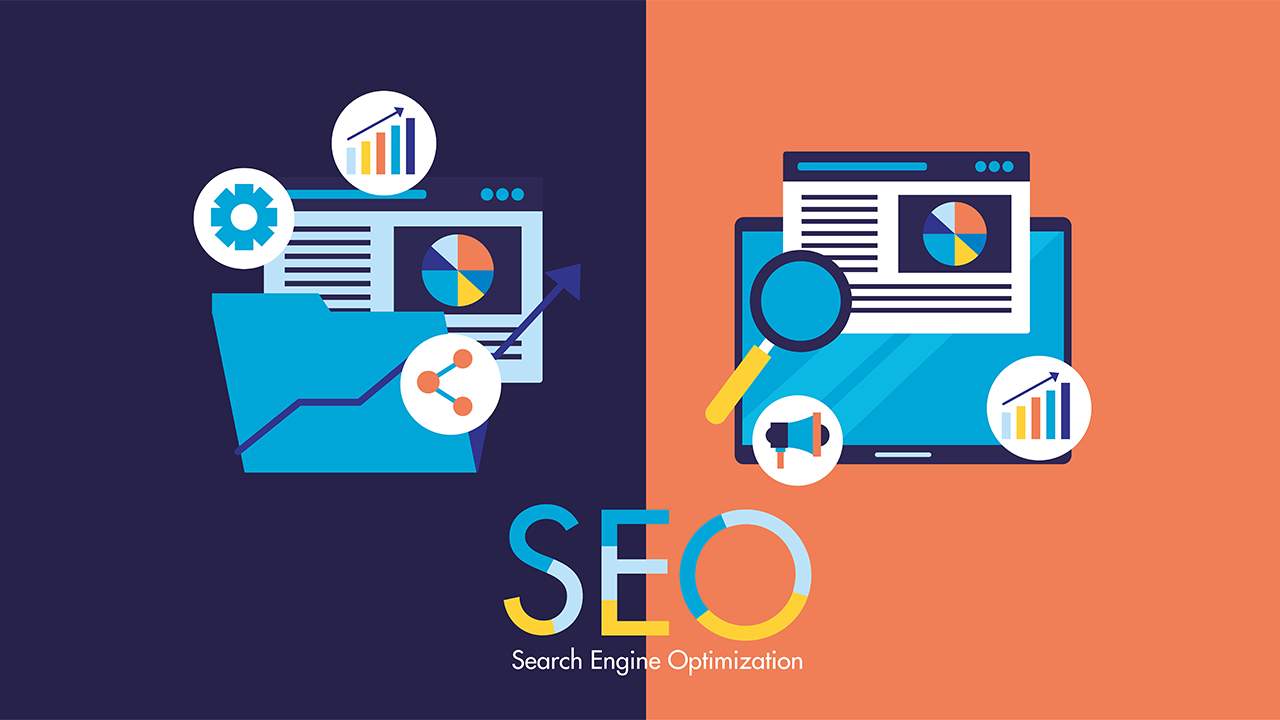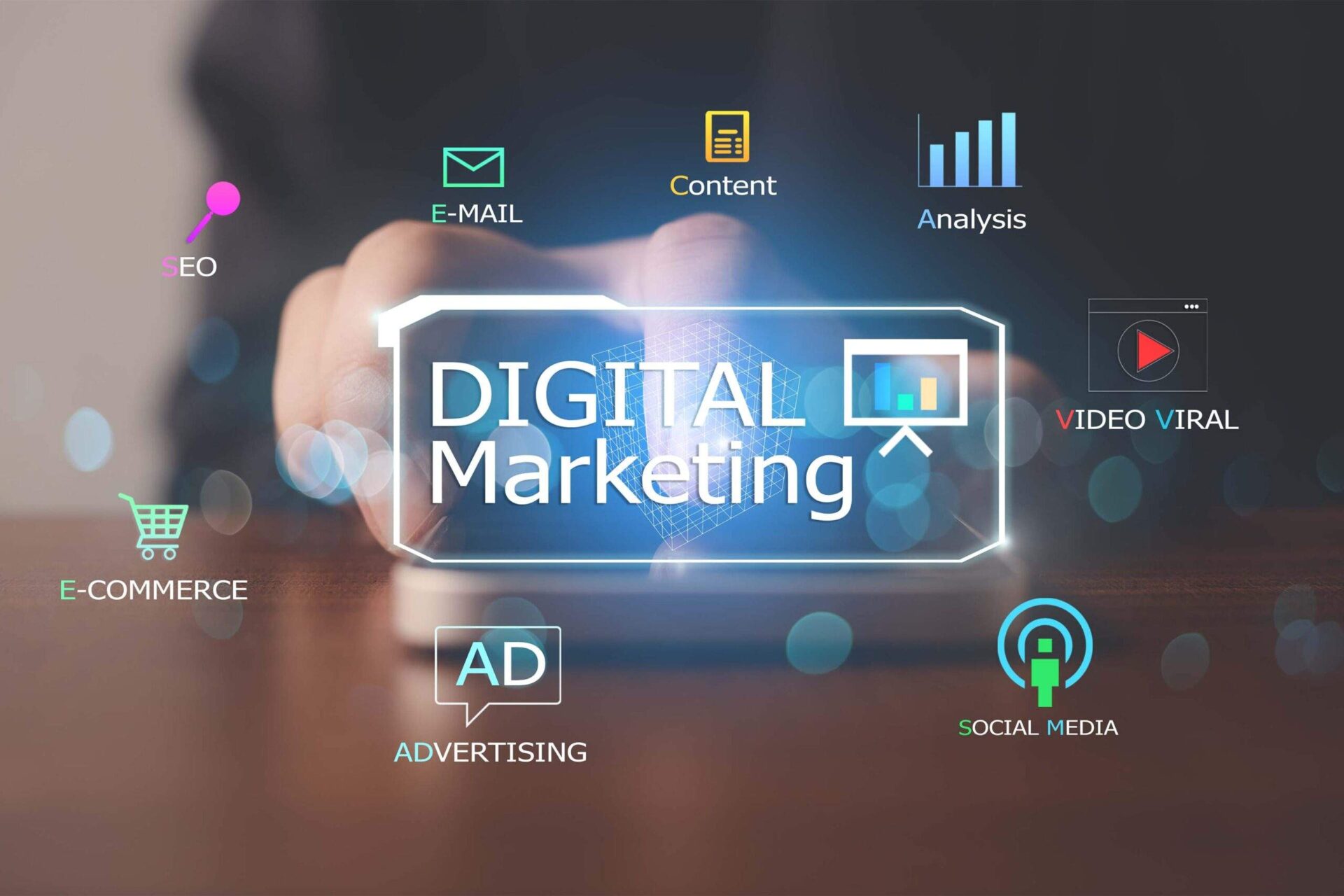Are you looking to capture new business online with your website? One of the key components of an effective digital marketing strategy is generating brand awareness and visibility, but how do you do that in such a crowded landscape? Depending on the goals and resources available, two popular tactics are SEO and PPC. Each approach has its own advantages and disadvantages, so it’s important to consider which option is right for your website. In this blog post, we will compare SEO services vs PPC services so you can make an informed decision when it comes to setting up your digital marketing plan.
What is SEO?
In simple terms, SEO or Search Engine Optimization is the process of optimizing a website to rank higher on search engines like Google, Bing, or Yahoo!. It involves several SEO techniques such as keyword research, on-page optimization, link building, and content creation. The primary aim of SEO is to increase the visibility of a website, attract more traffic, and eventually convert those visitors into customers. SEO is an indispensable tool for businesses and individuals looking to establish a strong online presence and stand out in a competitive digital landscape. With proper SEO strategies and techniques, a website can achieve higher rankings, and better visibility, and drive more organic traffic to its pages.
What is PPC?
PPC, or pay-per-click, is a powerful marketing tool that can dramatically boost your online presence. In essence, PPC involves paying for each click to your website or landing page from an advertisement displayed on a search engine results page or social media platform. By using PPC, businesses can more effectively target potential customers in their specific niche, driving increased traffic to their site and ultimately increasing revenue. Whether you’re looking to promote a new product launch or simply want to increase your brand awareness, PPC can be an effective solution for businesses of all sizes. So if you’re looking to take your online advertising efforts to the next level, consider incorporating PPC into your marketing strategy.
Advantages of SEO Compared to PPC
Search engine optimization (SEO) has become an essential tool for businesses looking to boost their online presence. While pay-per-click (PPC) advertising can also be effective, SEO has several distinct advantages.
- For one, SEO is a long-term strategy that can yield dividends for years to come, whereas PPC is a short-term solution that can quickly become expensive.
- Additionally, SEO is more cost-effective, as it relies on organic search results rather than paid advertising.
- Moreover, SEO helps establish credibility and builds brand recognition, as organic search results are viewed as more trustworthy by consumers than paid ads.
Ultimately, businesses that invest in SEO can achieve higher search engine rankings, increased web traffic, and better engagement with customers, all while saving money in the long run.
Advantages of PPC Compared to SEO
When it comes to digital marketing, both pay-per-click (PPC) advertising and search engine optimization (SEO) can benefit your business. However, PPC offers some distinct advantages that can make it the superior option for certain goals.
- First, PPC allows for more precise targeting, so you can ensure your ads are reaching the right audience.
- Additionally, with PPC, you have more control over your ad spend and can adjust your budget and bidding strategy as needed.
- Plus, PPC ads appear at the top of search engine results pages, giving you immediate visibility.
To get the most out of PPC, it’s important to have a robust keyword strategy and pay close attention to performance metrics.
Why SEO Is Often a Better Choice Than PPC
When it comes to digital marketing, businesses often debate between search engine optimization (SEO) and pay-per-click (PPC) advertising. While both methods can generate traffic to a website, SEO may be the better choice for many reasons.
- With SEO, you are optimizing your website for search engines, which means that you are helping your website appear higher in search engine results pages (SERPs). This is done through various techniques such as keyword research and on-page optimization.
- On the other hand, with PPC, you are essentially paying for placement in search results. While this can be effective, it can also be costly, especially for smaller businesses with limited budgets.
- Additionally, SEO has long-term benefits, whereas PPC is only effective as long as you are willing to pay for it.
Overall, SEO is often a better choice than PPC for businesses looking to improve their online visibility and attract more organic traffic to their website.
How to Implement an Effective SEO Strategy
Implementing an effective SEO strategy is crucial to ensure that your website ranks high in search engine results pages.
Step 1)
The first step in this process is conducting comprehensive keyword research to identify the main words and phrases used by your target audience.
Step 2)
Once you have a list of relevant keywords, it’s time to optimize your website’s structure, content, and metadata to improve its relevance to search engines.
Step 3)
Additionally, creating high-quality content that provides value to your audience is critical for driving traffic and boosting engagement.
Step 4)
Finally, monitoring and analyzing your website’s performance through tools like Google Analytics can help you adjust your strategy and ensure that you continue to dominate search results.
Overall, implementing an effective SEO strategy requires patience, dedication, and constant analysis, but the payoff can be enormous in terms of driving organic traffic and improving your brand’s visibility on the web.
Tips for Creating a Successful PPC Campaign
Creating a successful PPC campaign can be a game-changer in terms of boosting your business’s online presence. However, with so many aspects to consider, it’s easy to become overwhelmed. Therefore, it’s important to have a solid understanding of the essentials. Customizing and fine-tuning your ads, utilizing relevant keywords, and testing and monitoring their performance regularly can maximize the effectiveness of your campaign. Remember, effective ad copywriting and choosing the right landing pages are also crucial. With the right steps and a bit of patience, you can create a successful PPC campaign that can drive traffic and conversions to your website.
Common Mistakes To Avoid When Implementing SEO/PPC Strategies
Creating and implementing SEO/PPC strategies can be a complex and time-consuming process for any business. However, it’s essential to ensure that it’s done correctly to maximize the potential of your digital marketing efforts. There are common mistakes that businesses can make that can negatively impact their SEO/PPC strategies.
- One of these errors includes not conducting thorough keyword research to ensure that your content is keyword-rich yet relevant.
- Another mistake is forgetting to optimize your website for mobile devices. With so many internet users accessing websites on their mobile devices, ignoring this can be detrimental to your search engine ranking.
By avoiding these and other common SEO/PPC mistakes, your business will have a better chance of ranking higher amongst competitors and attracting the right audience.

Conclusion
To summarize, SEO and PPC are both extremely effective online marketing strategies. They have their own advantages and drawbacks, but using them in combination is often the most effective way to reach your target audience. SEO should be your first choice for driving organic traffic to your website, as it will help you build trust with customers and establish relationships in the long term. PPC can be tremendously useful for generating initial interest from potential customers who may later become loyal followers or customers of your brand. Regardless of your strategy, however, make sure to avoid common mistakes like keyword stuffing, ignoring user experience design, or spreading yourself too thin with different marketing tactics. When used correctly, SEO and PPC can both be powerful tools that will help ensure success for your business!




























